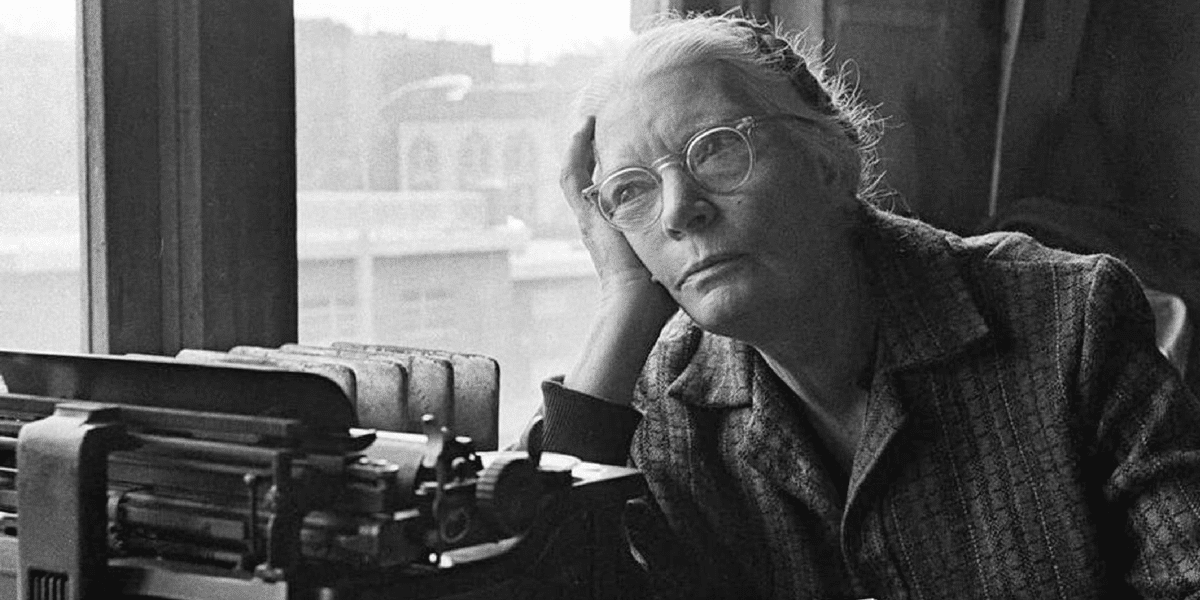
Politics: Week 1
Questioning Our Loyalties
Wednesday, July 11, 2018
Most religion is highly “legitimating religion.” It is used for social control and public order by the powers that be and individuals. This oppressive use of religion has allowed much of Christian history to fully cooperate in toxic and unjust societies—just as long as each person had “a personal relationship with Jesus.” This will not work anymore; in fact, it never did.
The American bishops, paraphrasing many recent papal statements, said that “social justice is an integral part of evangelization, a constitutive dimension of preaching the Gospel, and an essential part of the Church’s mission.” [1] Social critique is not an add-on, an option, a choice, or a unique vocation for a few. If we profess Jesus is indeed “the savior of the world” (John 4:42), we must not, we cannot, continue to think of salvation as merely a private matter. We are wasting our time trying to convert individuals without also challenging corporate, collective sin and fully institutionalized evil. (Corporate or social greed is called capitalism; individual greed was once called one of the seven “capital sins”—but no one believes it anymore.) Our morality is split in two! When we send momentarily changed people back into a corrupt system, people can think they are godly but it will never last for long or at any depth. As Jesus said, “the last state of the house is worse than the first” (Matthew 12:45).
Social justice is clearly God’s concern, starting with liberation of God’s people in the Exodus, yet it has taken Christians a long time to be able to see the Gospel in a fully historic, social, and political context. Truly transformed people organically change the world, while fundamentally unchanged people can only conform to the system and wholeheartedly cheer it on (see Romans 12:2). Culture will win out every time over the Gospel if it is not critiqued by the Gospel. That essential critique was much of the point of the evangelists’ writings. However, those politicians and priests who are concerned with their own privilege usually prefer an unaware and superficial populace. The people in the pews are so used to this arrangement that they usually resent any forays into their public morality. “Keep it private and personal, Father,” they say. We can no longer waste time this way in the name of a God “before whom the very nations count as nothingness and emptiness” (Isaiah 40:17).
Dorothy Day (1897-1980) was not afraid to say it strongly: “We need to change the system. We need to overthrow, not the government, . . . but this rotten, decadent, putrid industrial capitalist system which breeds such suffering. . . .” [2] As long as we unquestioningly buy into the egoic system, where the roots of our narcissism often lie hidden, we’re going to have problems. If we think we can say our private prayers and still genuflect before the self-perpetuating, unjust systems of this world, our conversion will not go very deep or aid in the unfolding of history. There is no one more radical than a real person of prayer because they are not beholden to any ideology or economic system; their identity and motivation is found only in God, not in the pay-offs of “mammon.” Both church and state are threatened by true mystics. Such enlightened people can’t be bought off or manipulated, because their rewards are always elsewhere.
Most of us need to have the status quo shaken now and then, leaving us off balance and askew, feeling alienated for a while from our usual unquestioned loyalties. In this uncomfortable space, we can finally recognize the much larger kingdom of God. Many churches don’t seem to understand this, even flying the national flag in sanctuaries while daring to talk about “one God before us” in the same space. After authentic conversion, our old “country” no longer holds any ultimate position. We can’t worship it any longer as we were once trained to do. Our national identity is okay, probably necessary, but very limited in its capacity for truth, much less universal truth.
References:
[1] U.S. Conference of Catholic Bishops, Communities of Salt and Light, as quoted http://www.usccb.org/beliefs-and-teachings/how-we-teach/new-evangelization/new-evangelization-social-justice.cfm.
[2] Dorothy Day, “On Pilgrimage,” The Catholic Worker (September 1956), http://www.catholicworker.org/dorothyday/articles/710.html.
Adapted from Richard Rohr, Everything Belongs: The Gift of Contemplative Prayer (The Crossroad Publishing Company: 1999), 157-158.

